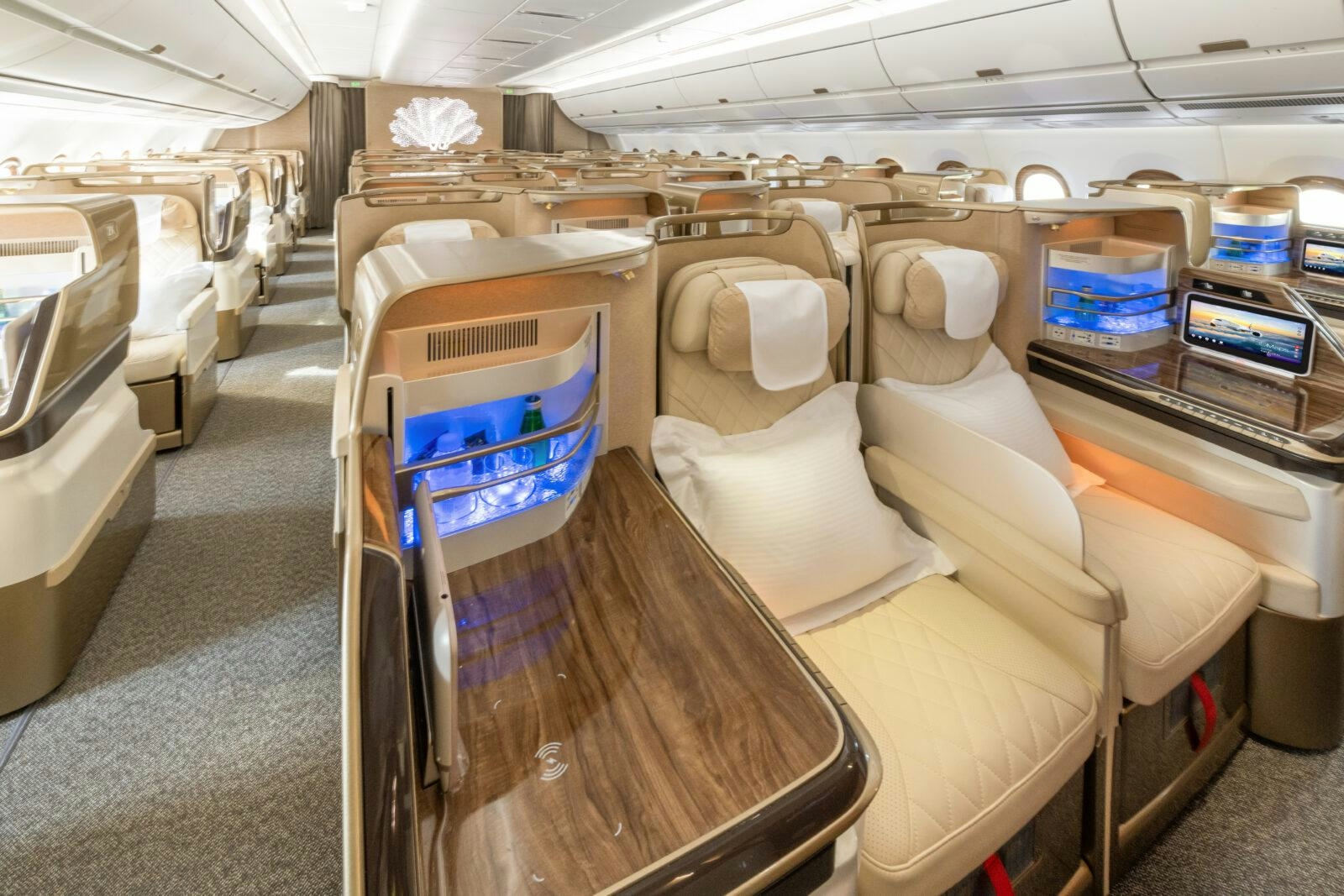AeroGenie — Ваш интеллектуальный второй пилот.
В тренде
Categories
Emirates Introduces New Aircraft

Emirates Expands Fleet Amid Industry Uncertainty
Emirates has announced the addition of new aircraft to its fleet, a strategic move that underscores the airline’s confidence in the future of global air travel despite prevailing uncertainties in the industry. This expansion comes at a time when the aviation sector continues to grapple with significant supply chain disruptions, which have delayed aircraft production worldwide. Industry analysts warn that these delays could cost airlines more than $11 billion in 2025, compelling carriers to reassess their fleet management and renewal strategies.
Navigating Supply Chain Challenges and Industry Trends
The difficulties faced by Emirates reflect broader challenges confronting the aviation sector. Competitors such as Air New Zealand have responded by emphasizing strategic planning and adjusting capacity to better align with fluctuating demand. Many airlines are reconsidering their approach to fleet renewal, with some opting to extend the operational lifespan of older aircraft to mitigate the impact of delayed deliveries and accommodate rising passenger volumes.
This cautious stance is consistent with trends observed across various industries, where economic uncertainty and shifting policy landscapes have complicated long-term planning. For instance, the technology sector in the United States has seen hundreds of thousands of recent computer science graduates struggle to secure employment over the past year. Despite recent interest rate cuts by the Federal Reserve aimed at bolstering the labor market, hiring remains subdued as companies remain hesitant to expand amid unclear economic signals.
Federal Reserve Governor Christopher Waller recently highlighted the growing impact of artificial intelligence on employment, noting that layoffs and reductions in hiring plans are expected to increase, particularly among workers with college degrees. While lower interest rates typically encourage hiring, persistent uncertainty—driven by evolving trade policies and ongoing supply chain disruptions—continues to weigh heavily on corporate decision-making.
Strategic Investment Amid Economic and Policy Uncertainty
The airline industry is especially vulnerable to these economic and geopolitical factors. Emirates’ investment in new aircraft represents a calculated bet on long-term growth, yet the company, like its peers, must carefully navigate unpredictable supply chains and variable demand. Although the situation has improved somewhat since the height of earlier disruptions, trade tensions and policy shifts remain significant concerns.
Rich Lesser, global chair of the Boston Consulting Group, emphasized the enduring nature of these challenges, stating, “There’s still policy uncertainty, but everyone realizes substantial tariffs are now most likely here to stay. And now we have to navigate it.” This sentiment is echoed in a recent Conference Board survey, which found that CEO confidence in the economic outlook for the next six months has shifted from neutral to pessimistic, with 68 percent expressing concern.
For Emirates and the wider airline industry, the road ahead will demand flexibility, strategic foresight, and an adaptive approach to managing both economic and operational challenges in an increasingly complex global environment.

Emirates Unveils Cabin Design for New Boeing 777X

Eighteen Years On, the Airbus A380 Remains Central to a $34 Billion Airline

How a boom in luxury airline seats is slowing down jet deliveries

Navitaire Outage Attributed to Planned Maintenance

DigiYatra Debuts Outside Aviation at India AI Impact Summit

Vietnam Orders Strengthen Boeing’s Commercial Outlook

Airbus Signals Uncertainty Over Future A400M Orders

JobsOhio Awards $2 Million Grant to Hartzell Propeller for Innovation Center

Collins Aerospace Tests Sidekick Autonomy Software on YFQ-42A for U.S. Air Force CCA Program

How the Airbus A350-1000 Compares to the Boeing 777
